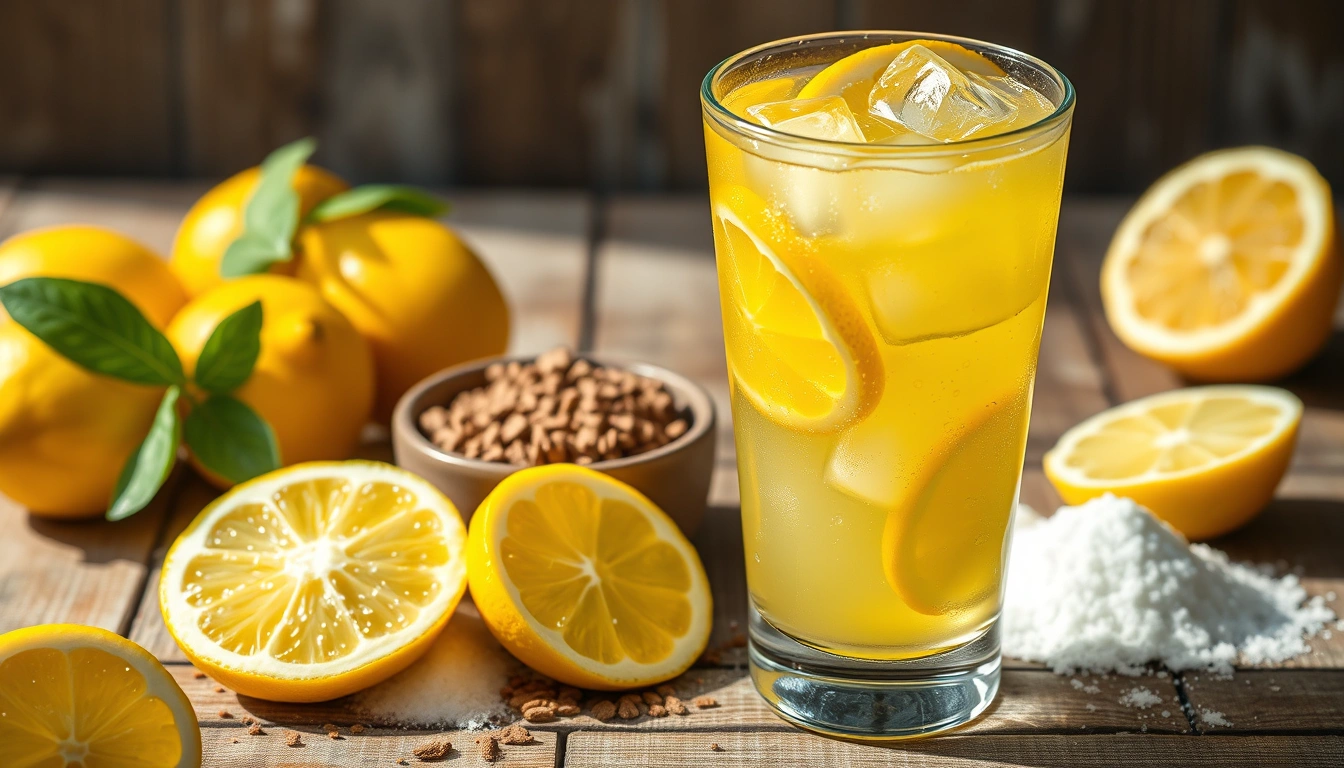Lemonade: History And Origin
Lemonade is a refreshing and popular beverage with roots in different cultures throughout history. It is believed to have originated in Egypt, where as early as the 12th century a drink made with lemon, sugar, and water was consumed. Over time, this drink was adapted and spread throughout Europe, and finally reached Latin America, where each country gives it a unique twist.
In Latin America, lemonade has different names and versions depending on the region. For example, in Mexico and some Central American countries it is simply called "limonada", while in other areas it may be known as "agua de limón". In Puerto Rico and the Dominican Republic, it is common to find "limonada fresca" or "limónada", which may include additional ingredients like fresh herbs or ginger. Although the basic preparation is similar, these variants reflect the cultural and culinary richness of each place.
Lemonade is not only appreciated for its sweet and sour taste, but also for its refreshing quality and its perception as a healthy drink, ideal for hot days or as an accompaniment to traditional meals.
How To Make Lemonade
To make a perfect and refreshing lemonade you will need a few simple ingredients: lemons, brown sugar, water, white sugar, and ice.
Pour water into a pot.
Squeeze the lemons that have been cut in half into the water.
Place the already squeezed lemons into the pot.
Add brown sugar and mix well.
Begin to boil the mixture.
Boil for approximately 2 minutes.
Let it cool.
Add white sugar.
Serve with ice.
